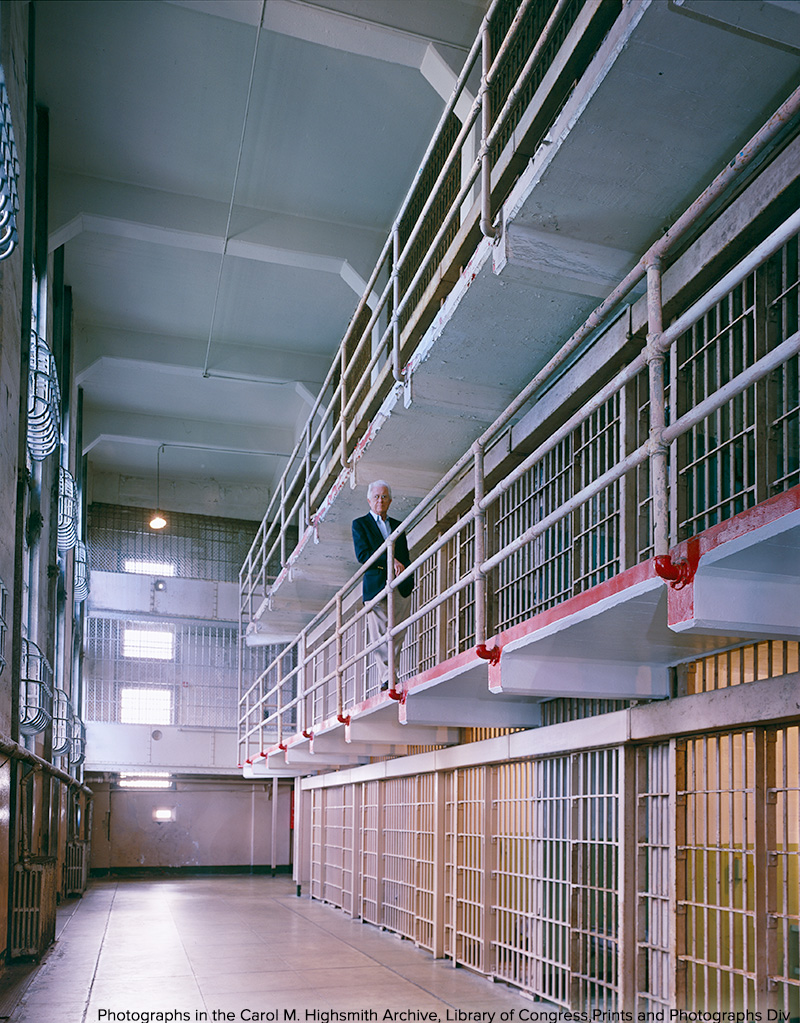
Twitter’s War on Terrorism
We live in a country that takes the freedom of expression and national security very seriously. That can make it can be hard to know where to draw a line between the two. Twitter, which has been responsible for providing a pivotal role in social movements such as Arab Spring, have recently made a switch toward censorship. Some believe the change in policy comes from intense scrutiny of the social media company, accused of favoring free speech over reasonable harassment policies.
Earlier this month, Twitter announced that it had suspended 235,000 accounts accused of promoting terrorism. This makes 360,000 total since mid-2015. Many of the accounts belong to members of ISIS. In addition to the suspensions, the company has expanded its partnerships with counter violent extremism (CVE) organizations. To enhance the user experience for all users, Twitter also introduced new features, including filters and notification settings, that will allow account holders better control over.
What Do You Think? Twitter blocked its first account back in 2012, a German neo-Nazi group. In response to that decision, some said that speech should only be banned that directly incited violence, not merely extreme speech. Others said that because Twitter is a private company, it has the right to implement whatever policies it wishes. What is your opinion? Back up your answer with some sources.
End of Private Federal Prisons
Last summer, btw brought you news of President Obama’s visit to a federal prison. He was the first-ever sitting president to do so, because he wanted to reinforce his commitment to implementing reforms to the overall criminal justice system. Last week, the Department of Justice (DOJ) announced that it would reduce and ultimately eliminate, the use of privately operated federal prisons. These are facilities run by for-profit third parties who are contracted by the government. There are currently 13 such facilities in the United States. They are run by three major for-profit corporations—Corrections Corporation of America, Management Training Corporation, and Geo Group—and hold around 22,600 inmates.

In a memo sent to the U.S. Bureau of Prisons, the Deputy Attorney General said that the need for private prisons once served its purpose (when the inmate population rose sharply a decade ago), the number is now on the decline. In addition, the private facilities have not proven to be as effective in some areas (such as safety) as government-run facilities. This change will have little affect on the overall prison population of around 2.2 million, however. This is because most inmates are held in state facilities, not federal. In addition, only around 12 percent of the total number of inmates serving time for federal offenses in the United States are being held in a private prison.
Dig Deeper Despite the DOJ’s announcement, some say that “private prisons aren’t going anywhere.” Do some research and find out why.
Olympic Swimmers “Robbery” Claim Questioned
Last week, in a recap about the happenings at the Olympics, btw reported that there had been very little crime in Rio, except for a report that four members of the U.S. men’s swim team—Gunnar Bentz, Jack Conger, Jimmy Feign, and Ryan Lochte—had been robbed at gunpoint. Initial accounts say that men “dressed as Rio de Janeiro police officers” stopped the taxi carrying the swimmers, forced them out of the vehicle and took their valuables. Further investigation (confirmed by surveillance camera footage) revealed they had lied.
The real incident took place at a gas station, where the athletes had damaged property and urinated on a wall. The station owner called the police and pointed a gun at the athletes, making them pay for the damages in cash. By the time the facts of the case had surfaced, Lochte had already returned to the United States. Bentz and Conger were taken off of a U.S.-bound plane and questioned by police. The International Olympic Committee (IOC) has set up a disciplinary commission to further investigate.
